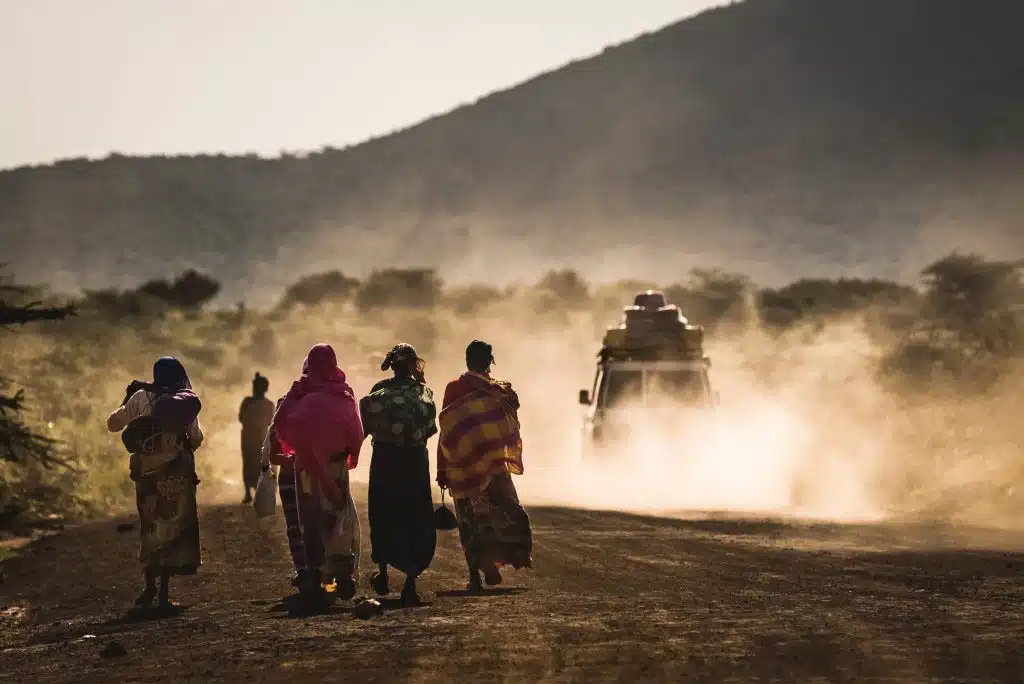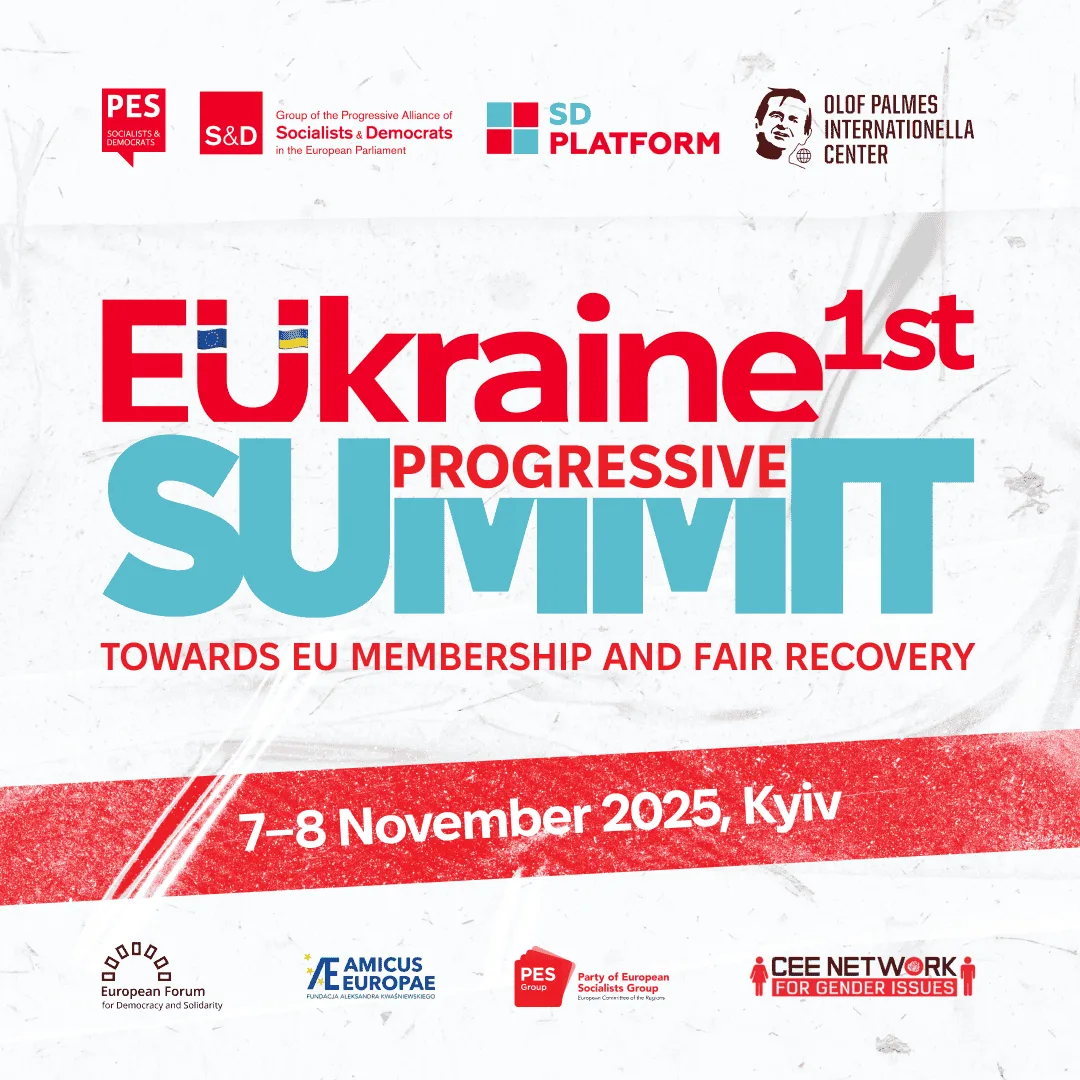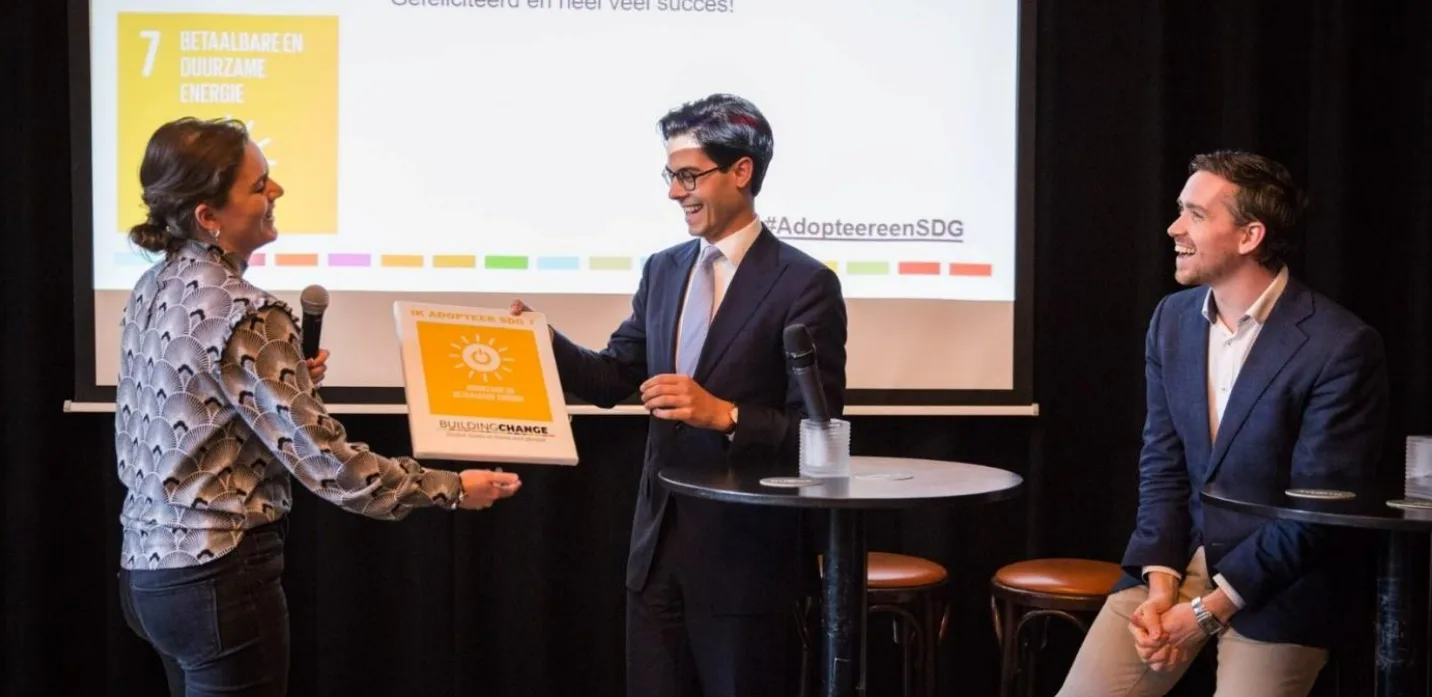Billions are being invested to keep migrants and potential migrants in Africa. Whether this has any results is unclear. People continue to take the often life-threatening routes at great risk to build an insecure existence here. It is time to invest in things Africans really need. Let's do that by talking to them and to Africans already in the EU, rather than about them. Migration is of all times. Time for a sober and effective approach.
For Africans who want to come to the EU, there is really no other option than to take the biggest gamble of their lives, because legal opportunities for migration are almost non-existent. I advocate investing in legal opportunities so that migrants have an alternative. And, in doing so, to listen carefully to what are really the needs of Africans themselves.
One such possible alternative is circular labour migration, a form of migration in which migrants temporarily stay elsewhere and gain skills, experience and knowledge. For this to be successful, clear conditions and clear agreements are needed. From my research in Ghana and Tunisia show that young people are very driven to make it in their own countries. A period working abroad can be of great value in this regard.
But then there has to be something to return to. Without future prospects at home, illegality in Europe will remain an attractive alternative, which is why we need to invest smarter in the countries of origin. Employment, political participation and the fight against corruption are crucial here. These are what Africans themselves indicate as key issues. Development cooperation makes an important contribution to this, but then we must invest in things that actually contribute to developing the perspective of young people in African countries. We must leave behind the time of austerity.
In my opinion, border surveillance to reduce irregular migration certainly does not fall under development cooperation, whereas it often does these days. In fact, increased border surveillance between African countries has a nasty side effect of also putting pressure on existing migration within the continent. This while the vast majority of potential migrants from sub-Saharan Africa actually want to stay in their own region. If this is made impossible, and there are no future prospects at home, border control will actually contribute to more frustration, making a trip to Europe more enticing. This is why it is so important to talk to stakeholders on the African continent itself.
Anyway, we should be more relaxed about access to our continent. Give people faster and easier visas to go here on holiday or to visit family. The rules are so strict now that they lead to enormous frustration. We also need to take those affected seriously as interlocutors, such as leaders from the African diaspora. Give them a voice in our migration policy so that it has a positive effect not only on us here in the Netherlands, but also for them in Africa.
Because migration policy must be fairer and negative side effects must be countered. We must avoid bringing the best people here just to fill shortages in our own labour market. For example, it would be wrong for African nurses to be employed here, if this creates a major shortage in the countries of origin. Therefore, encourage that MBOs, too, can set up campuses abroad from the development budget. Let these courses not only match what is needed in the Netherlands, but above all what is needed in the countries themselves. Give students the opportunity to take a basic Dutch language course at the same time, thus promoting circular migration between the two countries.
The debate on migration is now a debate between two extremes: everybody welcome or nobody welcome. We need to take a sober look at what is needed for our own labour market and what is needed by Africans. Take migration out of the taboo and work on a sober and effective approach.
By: Anne van der Meer, senior policy officer FMS




